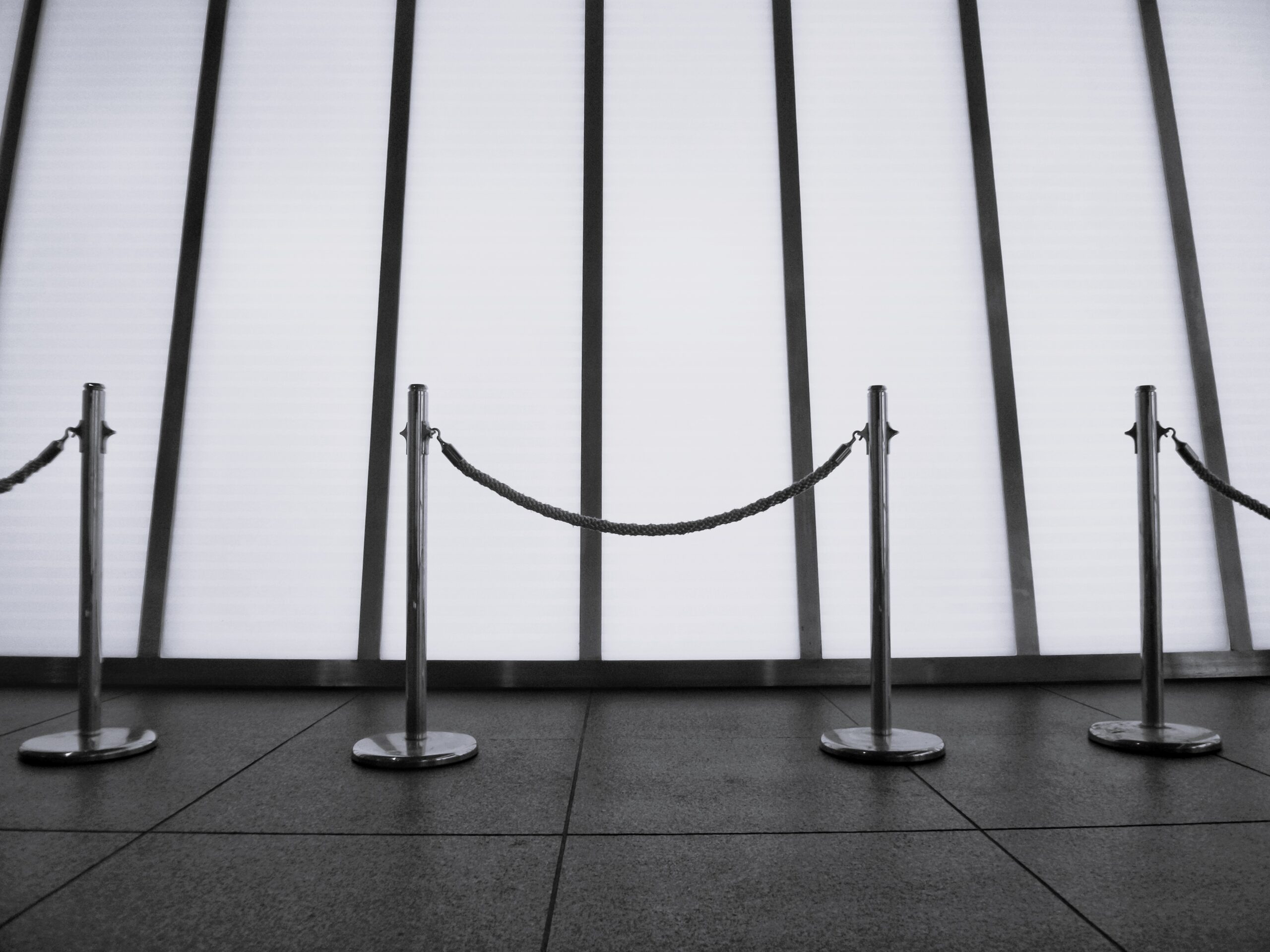World Intellectual Property Day

Tomorrow, 193 countries will join together to celebrate the value of intellectual property. And no, that’s not just in response to the recent controversy on X. (Though the slew of public defenses responding to Elon Musk’s controversial ratification of former-Twitter CEO Jack Dorsey’s demand to “delete all IP law” have served as valuable prelude.)
Since 2000, the World Intellectual Property Organization (WIPO) celebrates World Intellectual Property Day every year on April 26. According to WIPO:
World Intellectual Property Day 2025 highlights how creativity and innovation, backed by IP rights, keep a thriving music scene that benefits everyone, everywhere. This year’s World IP Day invites us to explore how IP rights and innovation policies empower creators, innovators, and entrepreneurs to bring fresh ideas to the music industry, safeguarding the work of songwriters, composers, performers, and all those who shape the music that moves us.
In the United States, the music industry benefits from federal protection of all major IP types:
Copyright
Copyright law protects original works of authorship fixed in tangible forms of expression. Every piece of music has two copyrights—one in the piece itself and one in the recording. That means that the songwriter gets a copyright in their musical work while the performer gets a copyright in their sound recording. As a result, dozens of sound recordings (and associated copyrights) could spring from a single musical work.
This unique trait of music law famously allowed Taylor Swift to re-record many of her albums. As singer-songwriter, Swift received musical work and sound recording copyrights to each of her songs, but she assigned the recording copyrights—also known as “masters”—to her record label. By retaining rights to the musical works, however, she was able to create new sound recordings of many of her songs. So, her old record label owns the copyright to her original recordings, and she owns the copyright to the newer “Taylor’s Version” recordings.
Trademark
Trademark law protects brands by preventing unauthorized use of their unique, identifying symbols, words, and phrases. In the music industry, trademarks can take the form of stage names (e.g., Lady Gaga, Chance the Rapper), record companies (e.g., Big Machine Records, Sony Music), or instrument brands (e.g., Fender, Yamaha), among others.
One of the most contentious trademark disputes of the last decade was between country group Lady A (previously, Lady Antebellum) and blues singer Lady A (Anita White). Of primary importance was when, where, and how frequently each party used the “Lady A” mark. Although the artists ultimately reached a confidential settlement, the dispute lasted more than a year and involved two lawsuits.
Patent
Patent law provides inventors with a limited-term monopoly in exchange for disclosure of their invention. There are two types of patents: utility patents, which cover the functional aspects of devices or processes, and design patents, which cover the appearance of items. So, in the music context, a utility patent could cover the technical features of an electric guitar while a utility patent could cover its shape.
But patents in the music context protect more than instruments. For instance, Spotify has numerous patents related to its recommendation algorithm. And those light-up wristbands you get at some concerts are patented, too!
Trade Secret
Unlike the other major types of intellectual property, trade secrets don’t need to be disclosed to receive protection; in fact, they can’t be. To qualify as a trade secret, information must derive economic value from secrecy, and its owner must use reasonable measures to keep the information secret. Famous examples include the Coca-Cola recipe and Google’s search algorithm. In the music context, trade secrets include production techniques and marketing strategies.
Music enriches all our lives, whether we’re firmly entrenched in the music industry or just enjoy pop hits playing in the grocery store. Intellectual property law protects that music and those who create it, making the world a richer place every day. This makes Intellectual Property Day a time for us all to celebrate, since IP law protects the things we’re passionate about in our daily lives.
As the law continues to evolve on these matters, please note that this article is current as of date and time of publication and may not reflect subsequent developments. The content and interpretation of the issues addressed herein is subject to change. Cole Schotz P.C. disclaims any and all liability with respect to actions taken or not taken based on any or all of the contents of this publication to the fullest extent permitted by law. This is for general informational purposes and does not constitute legal advice or create an attorney-client relationship. Do not act or refrain from acting upon the information contained in this publication without obtaining legal, financial and tax advice. For further information, please do not hesitate to reach out to your firm contact or to any of the attorneys listed in this publication. No aspect of this advertisement has been approved by the highest court in any state.
Join Our Mailing List
Stay up to date with the latest insights, events, and more





